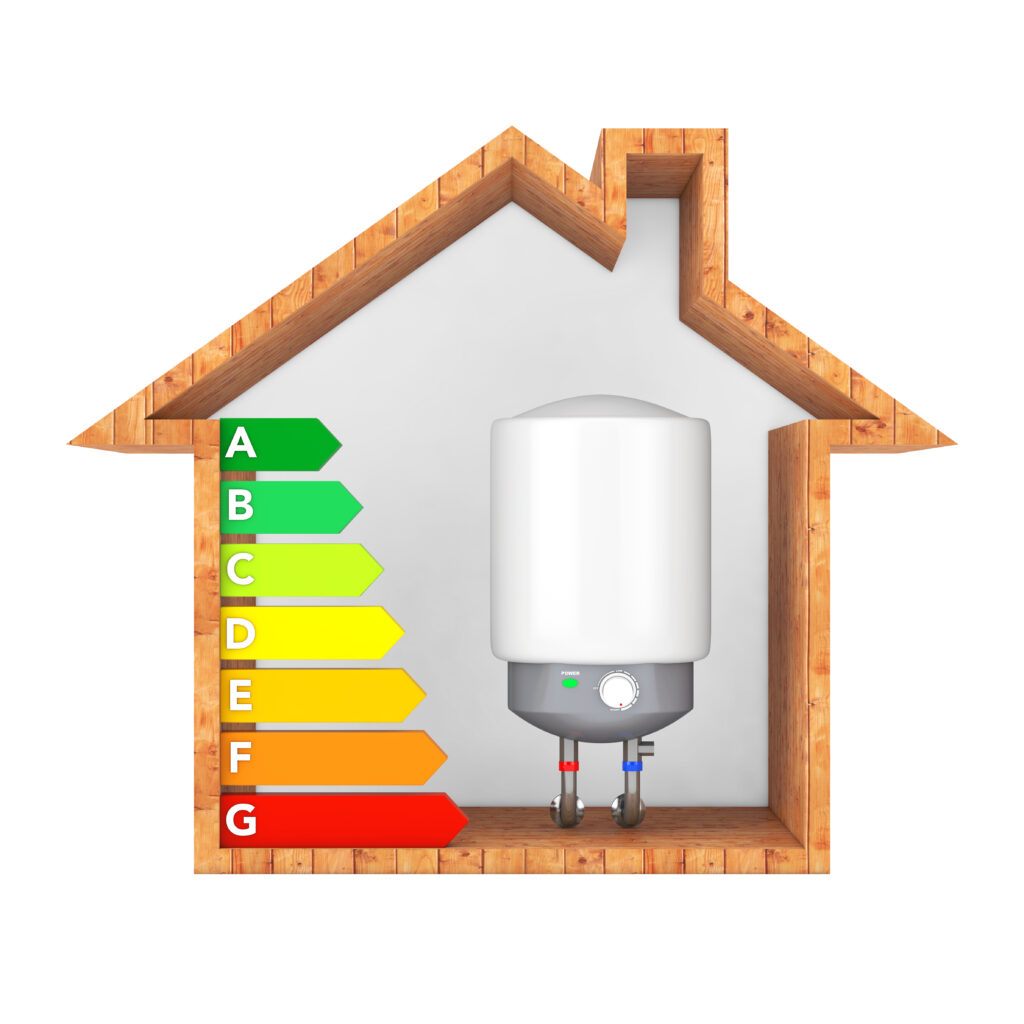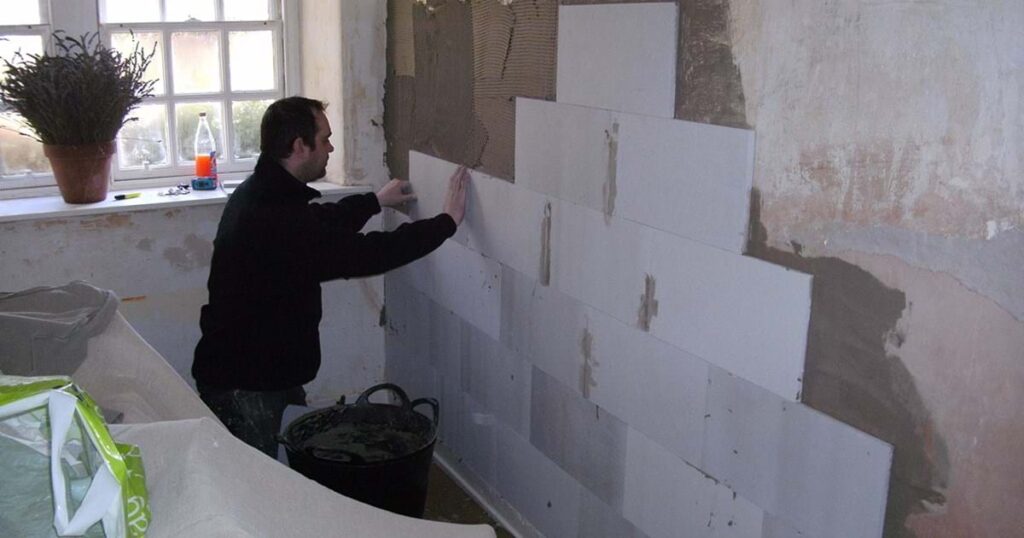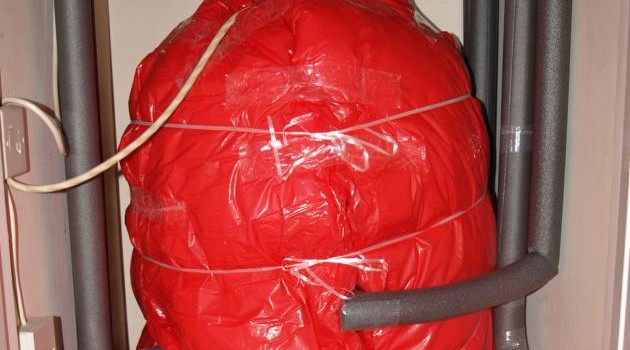As of April 1st 2020 it is unlawful to let a residential property with an EPC rating below an ‘E’ standard as per the Domestic Minimum Energy Efficiency Standard (MEES) Regulations, unless specifically exempt.

With climate change being very much a topical issue of late it seems a sensible way forward to address the environmental impact of residential dwellings. This is what is exactly on the government’s agenda as it looks to bring the minimum requirement for an EPC (Energy Performance Certificate) to a ‘C’ rating by 2025. With the energy crisis facing UK households at present it seems a logical conclusion that this goes some way to reducing our national carbon footprint.
So what does this mean for the would-be investor?

Before embarking on a buy-to-let journey you will need to check, as well as other legalities that go without saying, the EPC rating of your intended investment before you make that offer. Yes a property may offer charm and be in that perfect location but if the EPC rating is D or below then this would eat into your bottom line in terms of cost to get it up to the required standard. So the savvy investor can use this in their negotiating toolkit to trim the asking price if the rating falls below standard.
What if I’m a landlord already and my EPC rating is D-rated or below?
Our advice would be that now is an ideal opportunity to get this addressed. And there is help out there too. Both Cheshire West and Chester and Cheshire East Councils are running the Green Homes Grant programme until the end of March 2022. For those properties that fall into the E, F or G bands then tenants can apply for works to be done with the landlord getting the benefit of two-thirds of the work being covered by the grant, up to a limit of £5,000 per property.
Cheshire West and Chester: Read More
Cheshire East: Read More
How can I prepare my property to increase the EPC rating?

For those properties that fall outside of this in the ‘D’ category then even here there are cost-effective ways to improve your rating with some home improvements:
- What is the loft insulation like? With insulation of just 270mm this can improve the rating by 10 to 15 points which could mean the difference between a ‘C’ and ‘D’ rating
- Cavity wall insulation – is this the best it can be?
- Heating system – is the heating system efficient or could it benefit from an upgrade?
- Windows – are the windows all double glazed? Are they drafty?
- Hot water cylinder – if you have a hot water cylinder this would benefit from an insulation jacket

- Are your documents in order? Simply having the EPC verified with the correct paperwork can make all the difference. For instance an assessor can make an assumption in the absence of paperwork for loft insulation if they can’t get access to the loft. This may make all the difference and you could be downgraded unnecessarily
These are just a few of the steps that can be taken to get your property EPC rating up to that all-important ‘C’ rating. At Belvoir Northwich and Congleton we have a bank of expert tradespeople who can assess your rental property and provide the necessary information and quotes to make the required improvements. We want to help you on your journey and provide you with the right advice so if you do have any questions about your rental property then don’t hesitate to give us a call








